Geelong’s north suffers poor health outcomes, PHIDU data shows
A push is underway to bolster health outcomes in Geelong’s north, where people are dying younger and chronic health problems are rife. See how your area ranks.
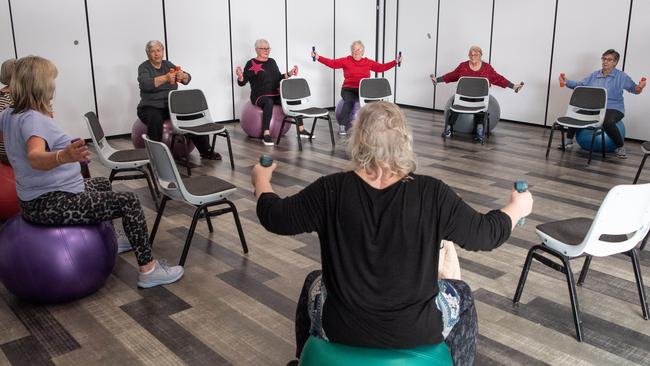
Geelong
Don't miss out on the headlines from Geelong. Followed categories will be added to My News.
Residents of Geelong’s north are dying significantly younger than their counterparts across the region, amid calls for a collaborative effort to tackle entrenched disadvantage.
The Grovedale population health area had the region’s highest median age of death at 86, while the statewide figure was 82.
But the startling figures, encompassing 2016 to 2020 and released by Torrens University Australia’s Public Health Information Development Unit (PHIDU), showed the median age of death for the Corio, Lovely Banks and Norlane area was just 75.
PHIDU director Professor John Glover said socio-economic disadvantage drove that lower median age.
Higher proportions of aged care homes could influence areas with higher median ages.
If disadvantage was addressed through measures like employment, health outcomes would be improved and costly hospitalisations cut down, Prof Glover said.
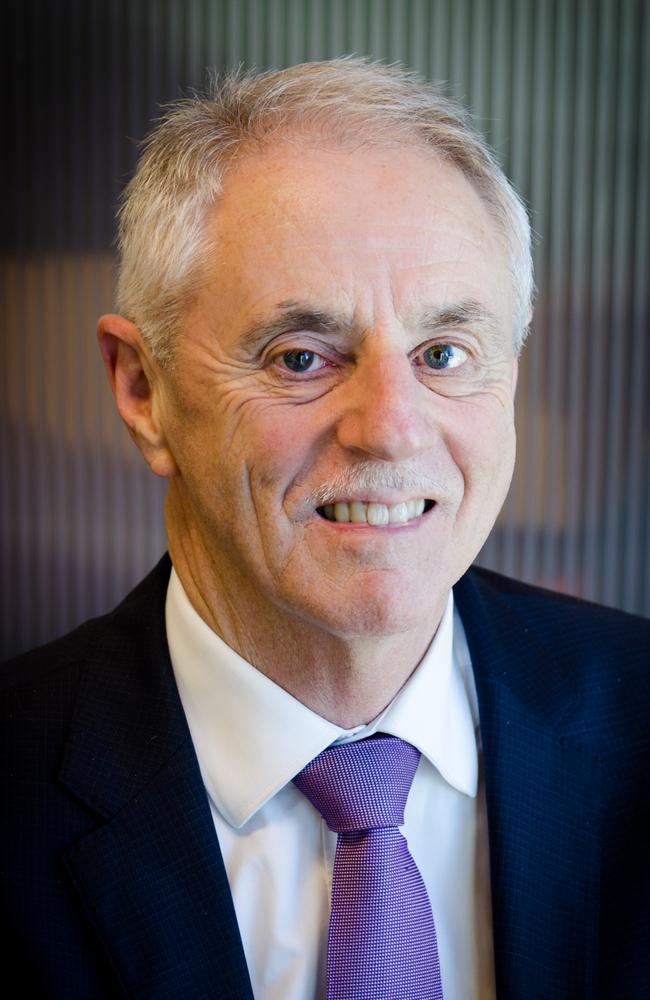
He said while governments were acting on primary health care, it was “still not enough”.
“We’ve known about this a long time,” he said.
The federal government’s recent budget included bolstered bulk-billing incentives for GPs.
The north also had the highest rate in the region of people reporting three or more long-term health conditions to the Australian Bureau of Statistics’ 2021 census.
In the population health area encompassing Corio and Norlane, more than 1430 people reported this — an age-standardised rate of 5.5 per 100, PHIDU data showed.
There was a strong correlation between this many long term conditions and disadvantage, Prof Glover said.
In the region, the area with the lowest rate of people reporting three or more long term health conditions was that covering Lorne, Anglesea and Torquay, with a rate of 1.9.
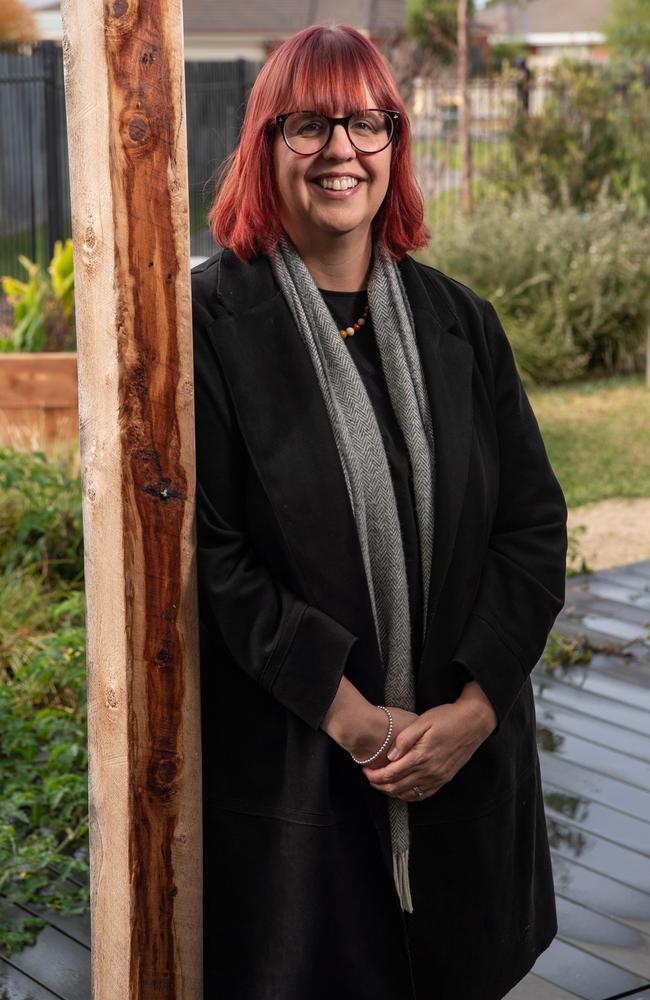
Liz Bonner is the chief executive of Cloverdale Community Centre, a facility in Corio which offers a range of health and wellbeing services, from tai chi classes to psychological care.
She said a collaborative and caring approach was needed.
“Money comes into the north and is siloed into different efforts,” she said.
Ms Bonner said many people did not have disposable income to spend on activities to help their wellbeing.
She also said there was a lack of respect for the agency and ability of those facing challenges.
“We’ve all got to take a bit of a reflective moment,” Ms Bonner said.
She said residents had frustrations with health service access, and there was also a “shame issue” for a community that had been told it was not valuable.
“Isolation is a killer, not only from a mental health perspective but also physical,” she said.
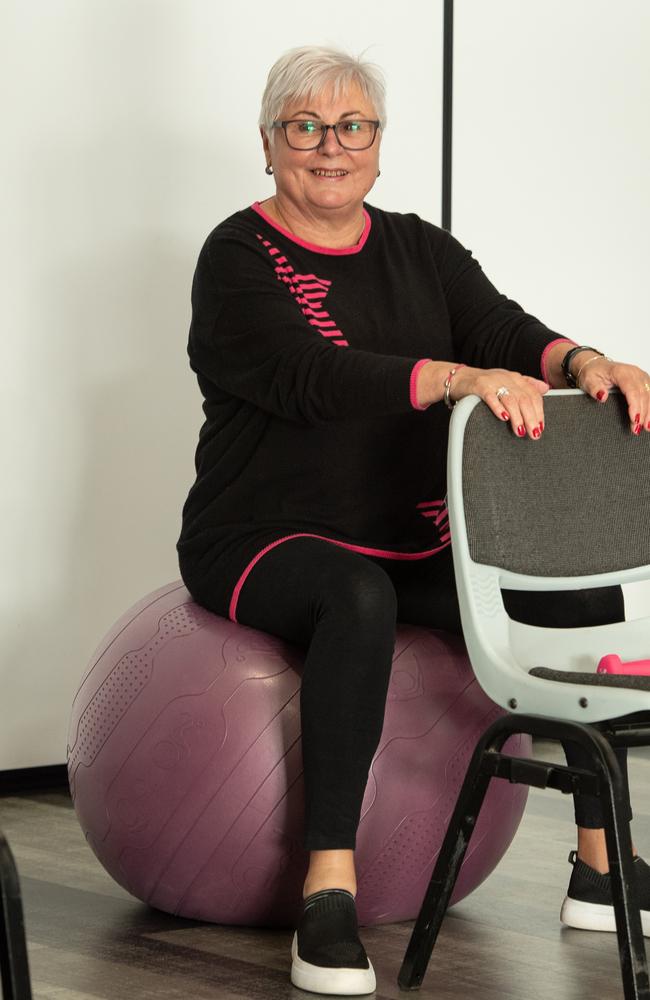
Bell Park’s Teresa Iskra, 69, does tai chi and “fit and balanced” classes at the centre, as well as a computer course.
She started attending last year.
“I was at a bit of a difficult stage at the time,” she said.
Mrs Iskra said after the death of her husband, the classes had provided a happy space.
“This has been such a big transition for me,” she said.
Mrs Iskra, who plans to start volunteering at the centre, said the activities had improved her mental health.
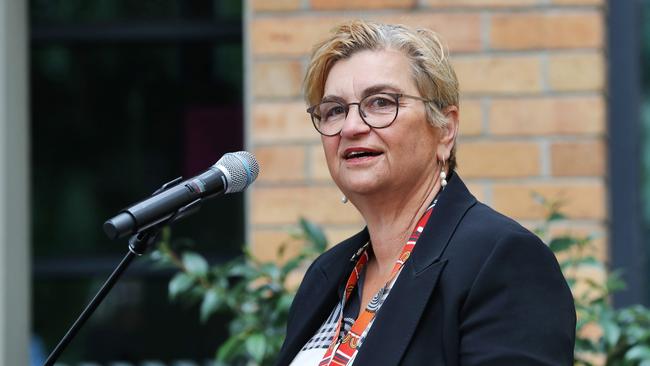
Barwon Health chief executive Frances Diver said many residents in the northern suburbs faced disadvantages that affected their health status.
“We are committed to working with the community to facilitate better access to health care,” Ms Diver said.
“Improving the health and wellbeing of people in the northern suburbs of Geelong is articulated in Barwon Health’s Strategy – Future Ready.
“Part of our plan is to strengthen local health care services in the northern suburbs, incorporating both current community health services and new services including partnerships with community-based providers.”
Ms Diver said Barwon Health North in Norlane was established in 2019 specifically to offer a more accessible health care service for people in the north, alongside Corio Community Health Centre.
“There are a range of targeted services provided from both locations, including community health, community nursing, community mental health services, drug and alcohol services, dental services, renal dialysis, urgent care, pregnancy care, and child and family services,” she said.
“Health education is offered and as well as targeted services for common health issues, such as smoking cessation, support for refugees and diabetes care.
“Barwon Health recently commenced a new service in the northern suburbs Connected Care which is a highly-skilled multidisciplinary team working with clients who have chronic health conditions and complex needs.”
Recently, after Norlane was ranked the most disadvantaged community in the state, both state and federal governments told the Geelong Advertiser they were working to address cost of living pressures.
More Coverage
Originally published as Geelong’s north suffers poor health outcomes, PHIDU data shows





